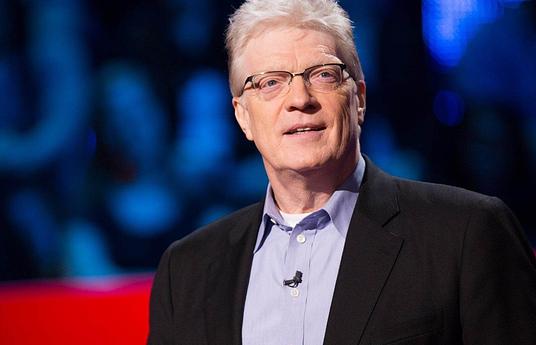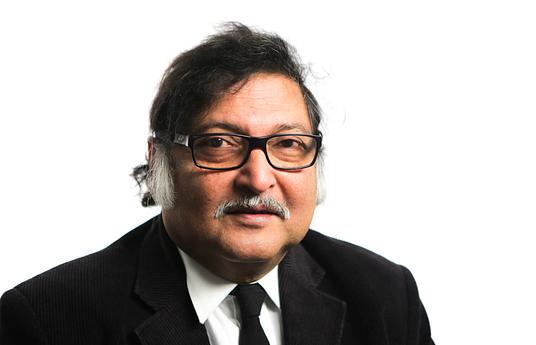Alistair Smith
Alistair Smith is director of Education and learning strategist at the learning technologies provider, Frog. Smith has twenty-five years of experience in education and is also an experienced sports performance consultant.
Skills
Are schools teaching the skills students need?
The way we prepare children at this point in time, particularly here in England, is a serious point of contention. There’s a raging debate going on about the nature of knowledge. The government are very keen on establishing what they describe as ‘cultural literacy’ which is where children develop a very solid knowledge base. I think this is part of the answer, but in order to prepare children for life beyond school, tests and exams and to equip them for a world where employment and leisure opportunities are changing, I think we need to do more than just build a solid knowledge base, important as it is.
So I think what we’re looking to do is build what I call the KASE Curriculum. KASE stands for knowledge, attributes, skills and experiences. We’re very good at talking about knowledge, however I’m not convinced that what is being advocated is appropriate for character building, to develop the attributes and qualities that people really need. Young people are going to have to be immensely resilient, what people describe as having grit, they’ll need to be positive in order to bounce back from setbacks.
For example, I was speaking to the director of Les Misérables last week. They have 2000 applications each year for thirty-two places. They interviewed and auditioned 400 and they then take a handful of people. He was saying that the young people he comes across need to be prepared for a life of setbacks and be able to deal with it. So it is personal qualities and attributes that are going to be really important.
We need a variety of skills that aren’t just the skills that are able to be measured in written, time-limited tests which is the nature of our assessment and examination system at the moment. We need a range of skills and a variety of experiences that take children beyond the immediacy of the classroom and out into authentic learning.
So I think it is an exciting time as there’s a great debate raging. I sit firmly on the side of building not only knowledge but attributes, skills and experiences.
Teachers
What is the role of the teacher?
Teachers have to first and foremost know and understand the nature of the learning experience. Teaching is partly an art form, but it’s an art form that is informed by science, so teachers really need to know what has impacted learning.
Many educators in recent years have done great work looking at the effect sizes, what sorts of interventions have the most impact. The job of the teacher is to be professionally informed, to utilize a range of skills, to develop the capacity to learn and readiness to learn in those youngsters and to ensure that the core knowledge that they need is there. As I said, it’s informed by science but in part it’s an art form and the artistry is flexible and adaptable in the classroom.
Assessment
Do you think standardized testing is an effective way to assess learning?
Standardized testing is possibly the worst way to assess learning and to motivate students. If it sits on its own, standardized testing can play a part in contributing to a knowledge of what students do and don’t know, can and can’t do. But using it as a final judgement on what a child is capable of, then we’ve taken ourselves into a very dangerous place.
On a personal level my view is that we don’t have any world-class schools in the UK because we have an outdated assessment system. I don’t see how you can claim that a school is world-class when it relies on paper and pencil exams, performed on the duress under limited time constraints, on a given day of the year - to me seems anomalous.
Environments
What would be the best learning environment?
I think the most effective learning environment is a wrap-around environment. That may take place in formal education in classrooms with children organized formally, but increasingly there is a need to supplement that or augment that so that we have a 24/7 learning environment, which is where technology can take us.
Here at Bett Show London, there are upwards of forty thousand people coming to see the very latest in technology. This morning I’ve been in the Future Zone and I’ve been looking at pieces of software that will help a youngster elect a pathway in terms of their career based on their interest, based on what they’re studying and then it will design learning programs to augment the formal education that they get in their schools. I think that wrap around experience is in part what will happen increasingly in the future.
The company I work with, Frog, have a contract in Malaysia to provide a learning platform for every school in Malaysia. That’s ten thousand schools, which is six million learners. With their parents that’s ten million people accessing learning. With the right hardware and the right infrastructure they have a capability of learning 24/7, we have the capacity to provide for this now, which is very exciting.
Leadership
Whose responsibility do you think education is?
Education is an area where it is not devolved to one individual, one organization, one branch of government to make enduring decisions on the nature of the curriculum and how it’s delivered. I think it has to be a dialogue between professionals who know and understand ‘the science of learning’, teachers who take that science and put it into the craft of the classroom, and the politicians, and others, who have a responsibility to the wider community and provide direction and leadership.
I think it’s important that our politicians are open-minded and scan the world for the very best and don’t follow cognitive bias where they only see what they want to see. I hope that that’s where open and genuine conversations can take us.
Personal memory
What was your favourite moment in your own education?
My favourite moment was the day in primary school where I changed teachers. I had been with the same teacher for a number of years and then I met my new teacher, Mrs Thompson. She was the first teacher who made me believe that I could actually achieve something, that I could do something. It wasn’t because she has a profound knowledge of the profession, I think it was a consequence of her being a genuine person with a great deal of integrity who was really interested in what she was doing.
The next 100 years
The next 100 years of Finnish education should… start with the child. What Finnish educators should ask themselves is what sort of world do we want our children to be prepared for, to take part in, to contribute to and to enjoy?




